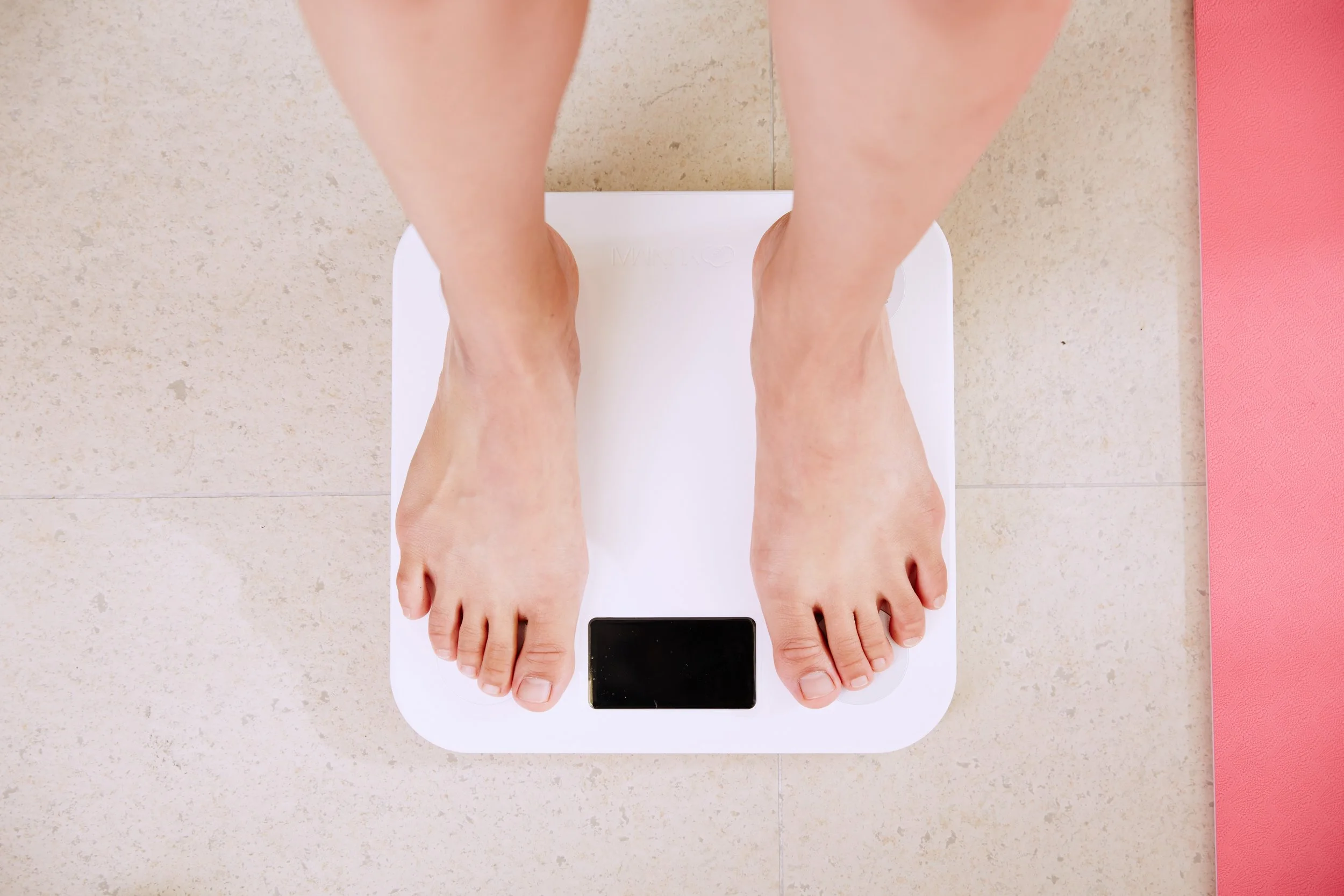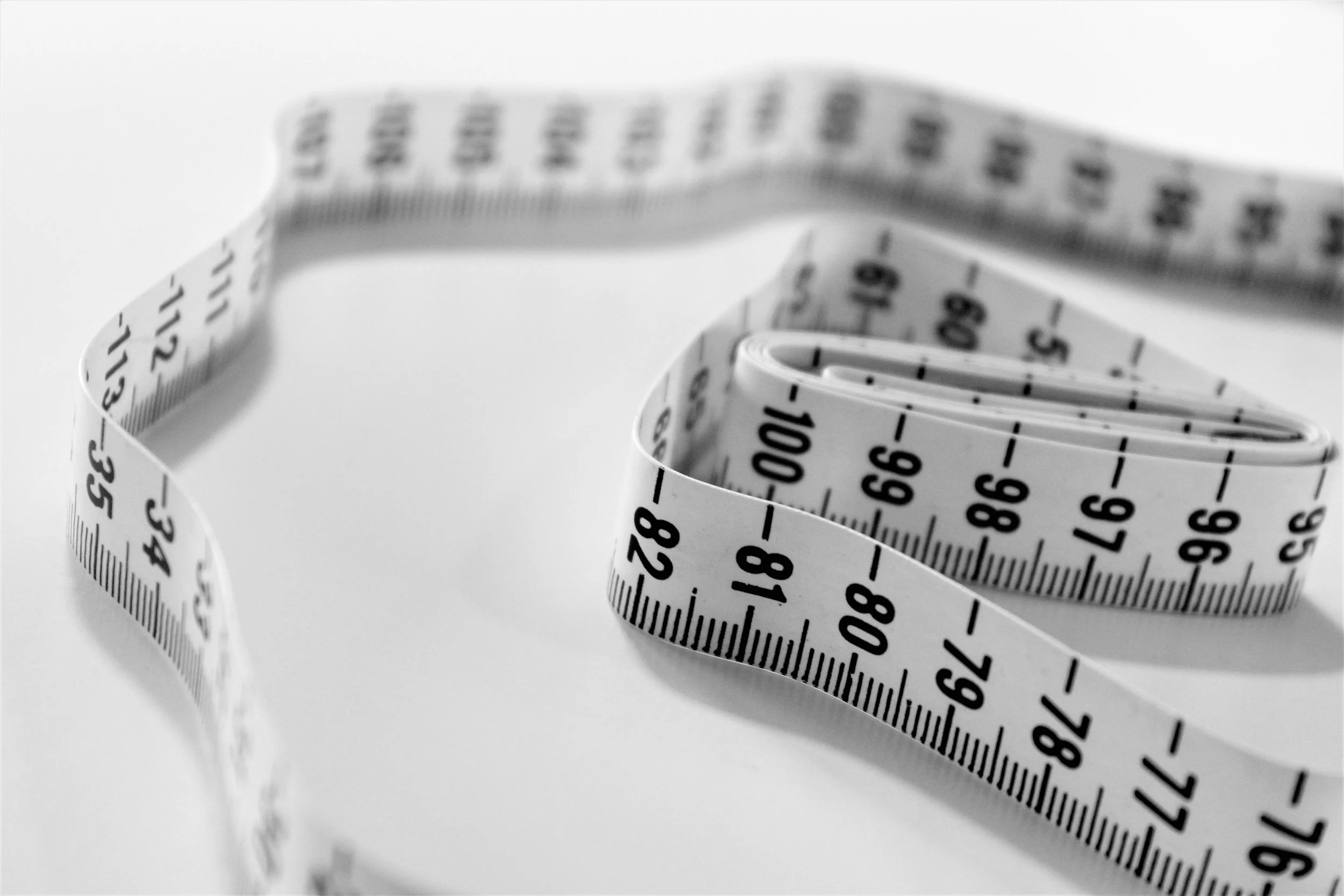How Excess Weight Affects Your Joints
Those occasional twinges of pain you feel while walking, climbing stairs or picking up a heavy load are pointing you towards something serious that you are probably not paying attention to.
It won’t come as a surprise to anyone that excess weight can impact your health negatively. The more you weigh, the more stress is on your joints and higher are the chances of developing joint pain or joint disease.
Before digging deeper into the problem, it is imperative to understand what exactly excess weight is and how it affect our joints.
What is “excess weight”?
Having more body fat than what is considered optimally healthy for a particular height is generally termed as excess weight. However, it may also be due to your bone structure, height, extra muscle, or water retention in your body.
One way to find out is to check your BMI (Body Mass Index). BMI measure a person’s weight in relation to their height. Overweight people having a BMI of 25–29.9. Obese people of BMI 30 or above have excess body fat on their body in relation to their height.
The greater the BMI, the higher the chances of being prone to health issues related to weight, blood pressure, heart diseases, and diabetes . Preserving a healthy weight or at staying within your BMI may reduce the likelihood of such health problems.
Why does having excess weight matter?
As our joints carry the entire weight of our body, putting too much weight or stress on your joints can cause problems.
The more the weight that’s on a joint, the greater the stress. The chances for wear and tear will eventually increase. People who are overweight are at a higher risk of developing arthritis. This is because when we move, walk, sit, stand, and run, our joints come under more pressure than is required.
How does it affect the joints?
The force on your knees when you walk across level ground is 1½ times of that your body weight. So, when a 70 kg man takes a stroll in the park, he puts 105 kg of pressure on his knees with each step.
Add an incline and the pressure you put increases significantly. The excess weight puts pressure on the connecting tissues around the joints and cartilage becomes damaged, causing severe pain.
Losing weight means giving room to your bones to breathe. If you are obese or overweight, do consult an orthopaedic surgeon.



